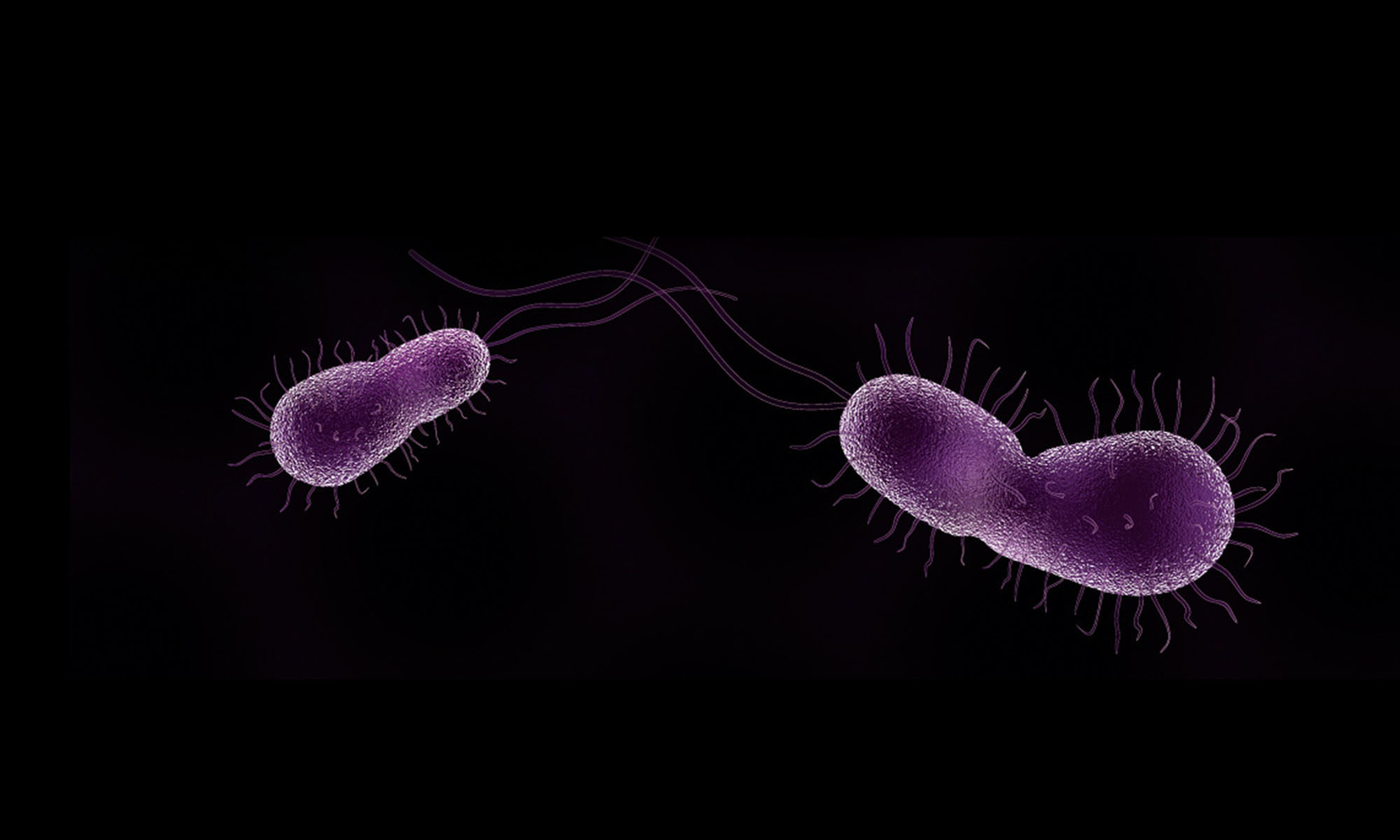The idea of integrating both organic material from wastewater and solid household waste is new. To make this possible, a flexible multiplatform photo biorefinery is being developed, in which purple phototrophic bacteria (PPB) convert biomass into chemicals and materials. The resulting products include biodegradable PHA bioplastics, cellulose for construction materials and ectoin, a substance used in cosmetic creams. The micro-organisms are almost 100% efficient, while traditional purification by aerobic digestion yields only 50% biomass and the rest CO2.
To carry out this process on an industrial scale, DEEP PURPLE is developing a flexible multiplatform biorefinery. This will make it possible to quickly switch production, for example from bioplastics to fertilisers, depending on the characteristics of the waste streams fed in, the environment or market demand.
Largest in the world
The consortium’s ambition is to build the first European treatment plant to use PPB. With a capacity of up to 600m3 per day, this will also be the largest in the world. Currently, two demonstration plants are being set up in Spain and the Czech Republic.
The DEEP PURPLE demo sites will convert 438,000 m3 of household wastewater and 164 tonnes of organic household waste into raw materials: 260 tonnes of enriched biomass, 16 tonnes of cellulosic material and 5 tonnes of biogas per year for further processing into raw biobased products. By treating the wastewater of 10,000 inhabitants, up to 200 kg of biofertiliser can be produced and 2,500m3 of purified water can be supplied. Moreover, the surplus from the biorefinery provides enough energy for 400 households and avoids 1,000 kg of CO2 emissions per day.
Optimising the operation of the reactor is still one of the biggest challenges. This is complex because it involves working with a mix of several competitive microbial cultures.
DEEP PURPLE started May 2019 and is an Innovation Action Demonstration project funded by the Bio-based Industries Consortium (BBI JU) with a size of almost €7 million. It is implemented by a consortium of 14 organisations from several European countries. Lead company is Aqualia from Spain, one of the largest wastewater companies in Europe. The project will run until the end of April 2023.
For more information, please visit the DEEP PURPLE website.
Image: DEEP PURPLE



